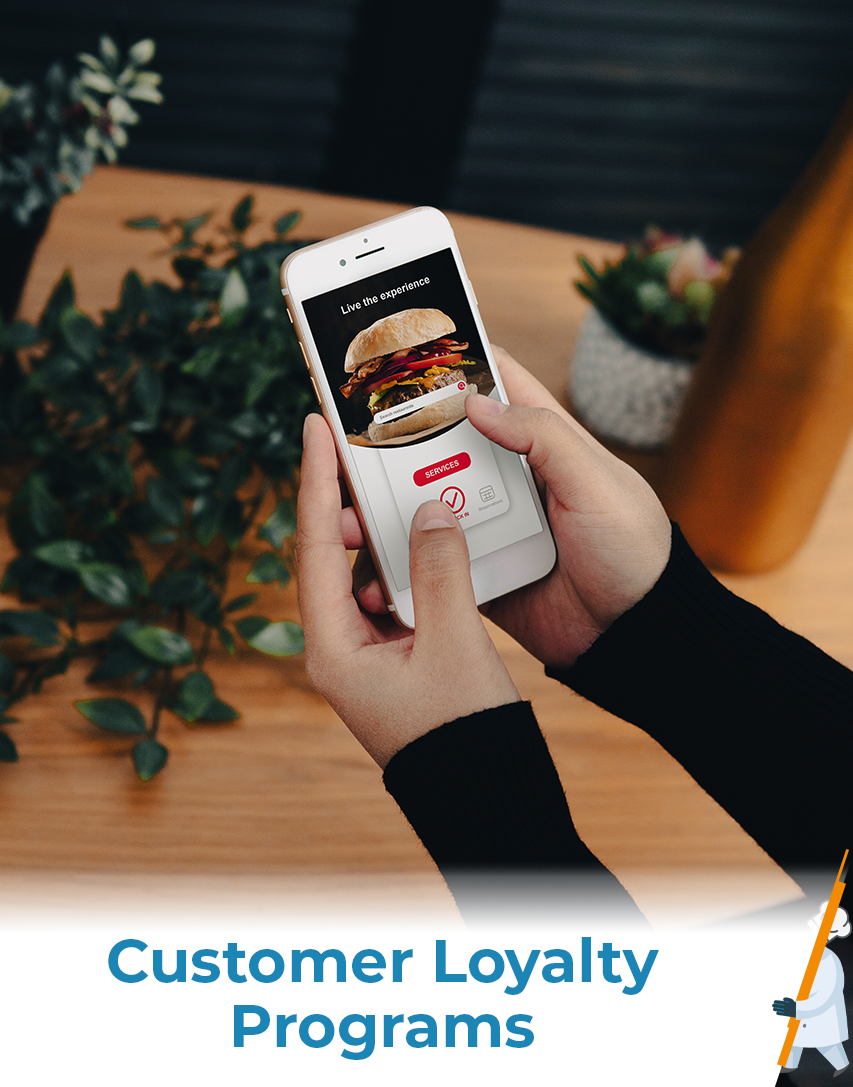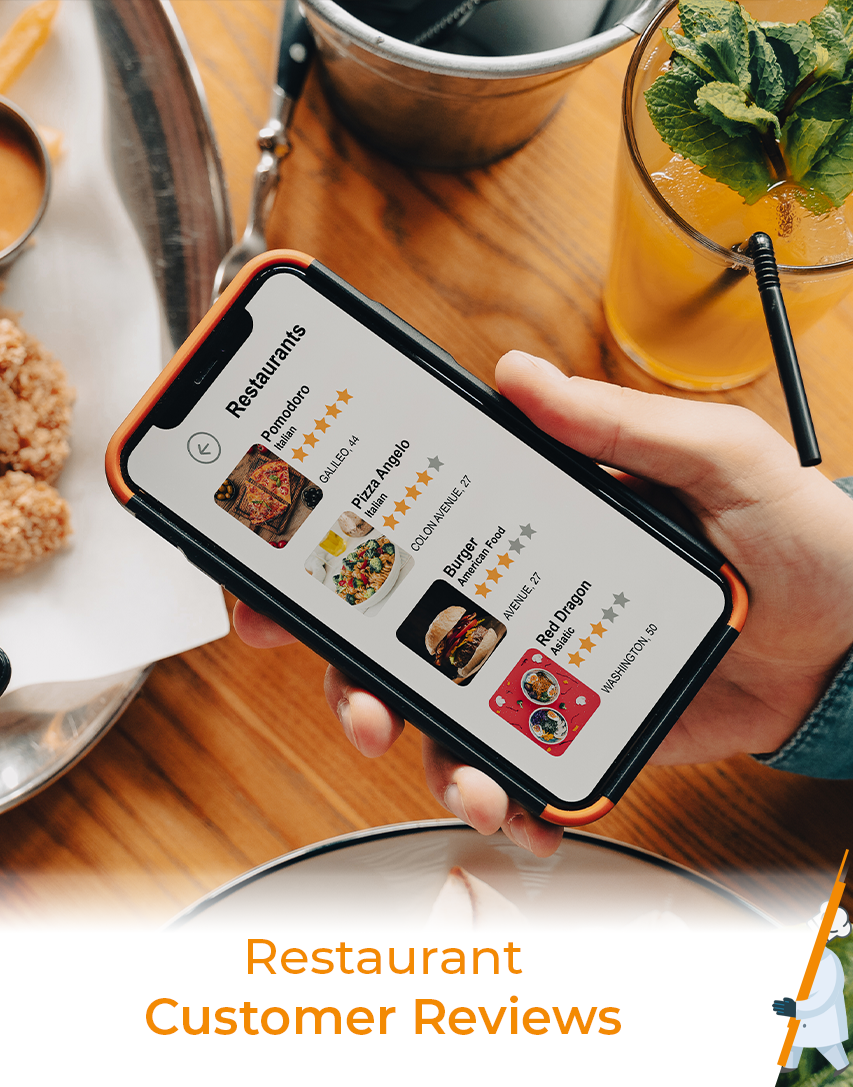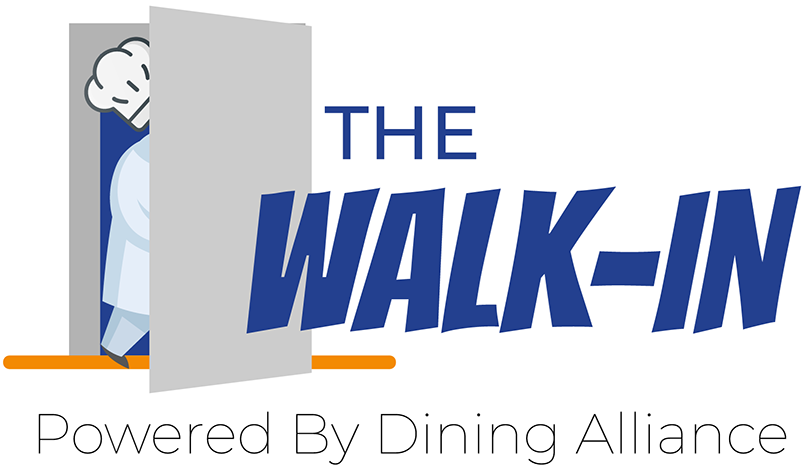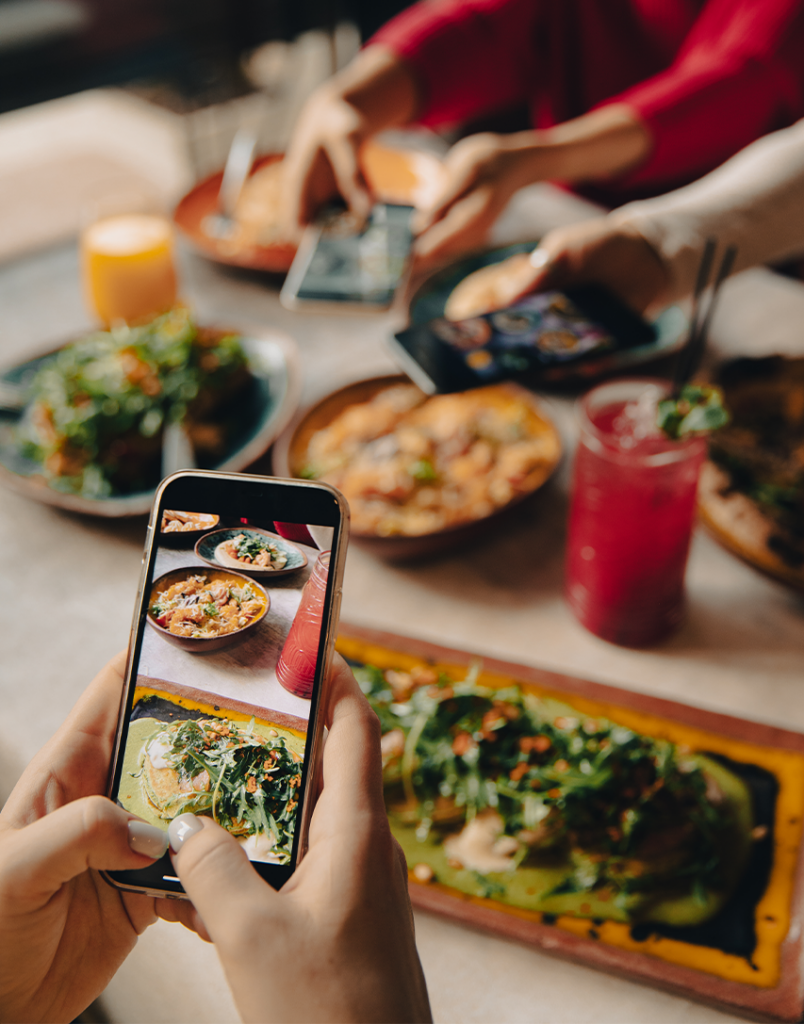Restaurant marketing refers to the strategies and activities that restaurants undertake to promote their brand, attract customers, and increase their revenue. It involves a range of marketing techniques aimed at creating awareness, generating interest, and encouraging repeat business. Effective restaurant marketing can help establish a strong reputation, build a loyal customer base, and ultimately drive profitability.

Here are some common elements of restaurant marketing:
Branding and Positioning: Developing a unique brand identity and positioning your restaurant in the market is crucial. This includes creating a distinct logo, tagline, menu design, and overall ambiance that aligns with your target audience.
Online Presence: Establishing a strong online presence is vital in today’s digital age. This includes having a well-designed website that showcases your menu, location, hours of operation, and contact information. Additionally, managing social media profiles and online review platforms can help engage with customers, share updates, and gather feedback.
Digital Marketing: Utilizing various digital marketing channels to reach potential customers is important. This may involve search engine optimization (SEO) to improve your restaurant’s visibility in search results, pay-per-click advertising, email marketing, and social media marketing to promote special offers, events, or new menu items.
Local Advertising: Targeting the local community through traditional advertising methods can be effective. This includes advertising in local newspapers, radio stations, billboards, and distributing flyers or menus in nearby neighborhoods or businesses.
Customer Loyalty Programs: Encouraging repeat business through loyalty programs can be a powerful marketing tool. Offering incentives such as discounts, freebies, or exclusive promotions to loyal customers helps build long-term relationships and generates word-of-mouth referrals.
Collaborations and Partnerships: Collaborating with local businesses, influencers, or charities can help expand your reach and tap into new customer segments. Hosting events, sponsoring community activities, or participating in food festivals can create brand awareness and attract new customers.
Online Reviews and Reputation Management: Monitoring and responding to online reviews, whether positive or negative, is crucial. Encouraging satisfied customers to leave reviews can boost your restaurant’s reputation, while addressing concerns shows your commitment to customer satisfaction.
Special Promotions and Events: Offering special promotions, seasonal menus, happy hours, or hosting events like live music nights, themed parties, or chef’s tasting menus can create excitement and attract new customers.
Restaurant marketing involves a combination of online and offline strategies aimed at creating a positive brand image, reaching the target audience, and driving customer engagement and loyalty.

It’s important to note that while online marketing plays a significant role in today’s digital landscape, offline strategies are also crucial to attract customers within the local community.
Online marketing efforts, such as having a well-designed website, managing social media profiles, and utilizing digital advertising channels, help restaurants reach a wider audience and build awareness. These online platforms allow restaurants to showcase their menus, share updates, engage with customers, and gather feedback.
On the other hand, offline strategies focus on local advertising, community engagement, and creating memorable experiences. Traditional advertising methods like local newspapers, radio stations, and billboards help target potential customers within the restaurant’s vicinity. Distributing flyers or menus in nearby neighborhoods or businesses can also capture the attention of local residents and workers.
Collaborations and partnerships with local businesses, influencers, or charities provide opportunities to expand the restaurant’s reach and tap into new customer segments. By hosting events, sponsoring community activities, or participating in food festivals, restaurants can create brand awareness, generate excitement, and attract new customers who may not have discovered them otherwise.

Establishing a customer loyalty program is a powerful marketing tool. By incentivizing repeat business through discounts, freebies, or exclusive promotions, restaurants can cultivate long-term relationships with their customers and encourage them to become brand advocates.

Managing online reviews and reputation is essential in the digital era. Responding to customer reviews, whether positive or negative, demonstrates attentiveness and a commitment to customer satisfaction. Encouraging satisfied customers to leave reviews can boost the restaurant’s online reputation and credibility, while addressing concerns shows responsiveness and a dedication to improving the dining experience.
Special promotions and events add an extra layer of excitement and create a sense of urgency for potential customers. Offering unique promotions, seasonal menus, happy hours, or hosting events like live music nights or themed parties can differentiate the restaurant from competitors, attract new customers, and encourage repeat visits.
By combining these various strategies and techniques, restaurants can effectively market their brand, build a loyal customer base, and ultimately drive revenue and success in a competitive industry.








